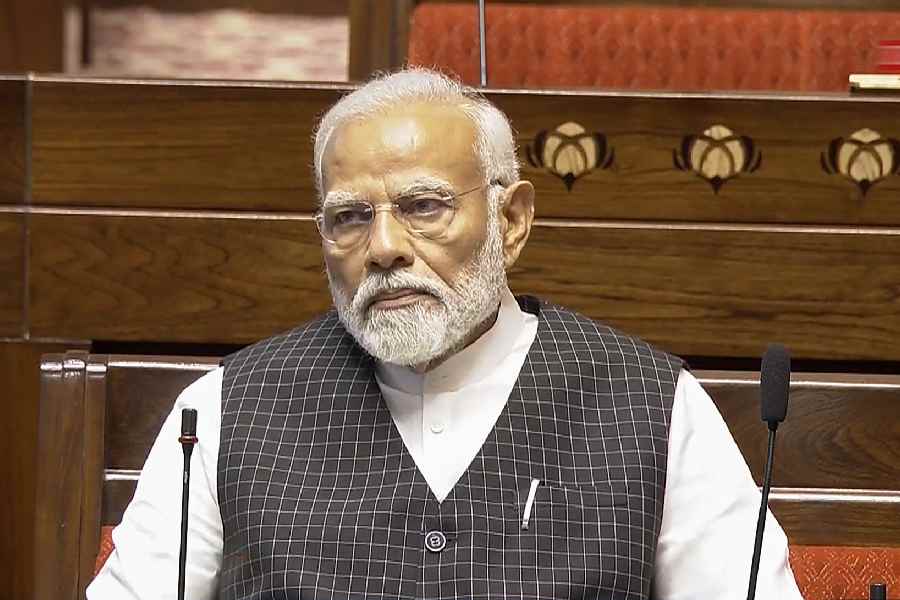Events in Bangladesh continue to reverberate across the region. But their consequences would take a long time to reveal themselves. Even before the collapse of the Sheikh Hasina Wazed government, the region was reeling under a host of challenges. It appears that the political and the economic turmoil in most of the region’s nations, except India, are taking a toll.
Pakistan has been in a state of flux for quite some time now. Afghanistan under the Taliban has had no success in getting rid of its pariah status despite a lot of effort. The seemingly never-ending political transition in Nepal has resulted in a sense of fatigue. Myanmar continues to drift towards being a failed State as the military junta has ceded space to a plethora of non-State actors that have found it difficult to coordinate their actions on the ground. And the effects of Sri Lanka’s economic crisis continue to shape its political trajectory with no clear sense of purpose.
Bangladesh under Wazed was giving everyone a false sense of stability even as the ground beneath her had begun to shift. As the people of Bangladesh and the entire region come to terms with a post-Wazed political and social landscape, there has been a sense of despondency about the future in popular and intellectual discourses. This specifically relates to India’s supposed failure in the region at a time when Indian policymakers have talked about their nation as a leading global player with a rising profile on the international stage.
There are three aspects to this debate that need highlighting. First, changes in global balance of power have ensured that there is no such thing as ‘South Asia’ anymore. South Asia might have been a mental map for geopolitical articulations at some point in time but today that kind of strategic mapping no longer makes sense. India and its surroundings are now part of a wider Indo-Pacific, a geography that is as much a function of China’s spectacular rise as it is of India’s rise and New Delhi’s need to develop critical linkages with East and Southeast Asia as well as the wider Pacific. The shift from a India-Pakistan binary to a Sino-Indian one is a reality that New Delhi will have to contend with along with all its attendant costs and opportunities. China’s partnerships with India’s neighbours and its growing presence in the Indian Ocean region are manifestations of this dynamic. There is no going back to South Asia anymore. Consequently, as geopolitical contestations among major powers get sharpened, they will impact India’s periphery. Some of that was evident in the downfall of Wazed as well.
Second, New Delhi’s centrality in its backyard is declining. But there was never a golden age of Indian hegemony in its backyard. Right from Independence, India’s perceived hegemony was challenged by its neighbours, with Pakistan taking it to extremes. While Islamabad’s morbid fascination with ensuring equality with India ensured its downfall, India’s other neighbours also did their best to balance Indian preponderance in the region. There were times New Delhi used military or economic coercion to get its way but it almost always turned out to India’s disadvantage. It is easy to forget how dire India’s ties with Bangladesh were before Wazed assumed power 15 years back. Even under her, China was Bangladesh’s most important defence partner. The agency of Indian neighbours should never be underestimated and New Delhi’s ability to manage the region should never be overestimated.
The final aspect pertains to India’s own regional profile. With multiple fires burning around India, what is astounding is not India’s seeming inability to manage those fires but its remarkable success in insulating itself from those flames. New Delhi has shown that despite the challenges in its neighbourhood, Indian foreign policy and its corresponding global profile have only grown. That’s a tribute to Indian resilience and a cause for celebration on India’s 78th Independence Day.
Harsh V. Pant is Professor of International Relations, King's College London











